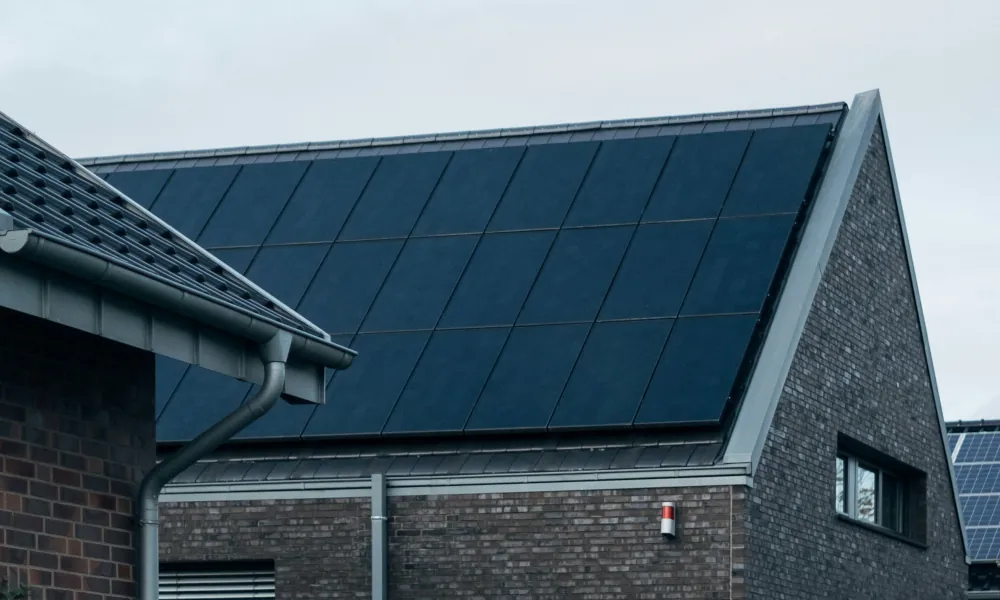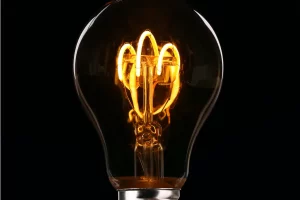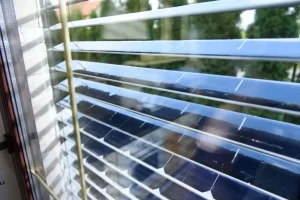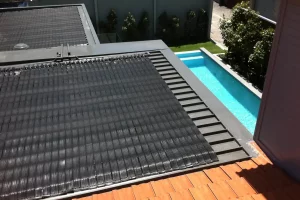Solar panel systems have emerged as a popular and practical solution for residential energy needs. Harnessing the power of the sun, these systems offer an environmentally friendly and cost-effective alternative to traditional energy sources. This guide delves into the essential aspects of solar panel systems, including their components, installation, benefits, maintenance, and recommendations for homeowners.
What is a Solar Panel System?

A solar panel system, also known as a photovoltaic (PV) system, is an arrangement of components designed to capture sunlight and convert it into electricity. This electricity can be used to power household appliances and systems, significantly reducing reliance on non-renewable energy sources. Solar panel systems offer a sustainable way to generate electricity, leveraging the abundant and renewable energy provided by the sun.
Components of a Solar Panel System
To understand how a solar panel system works, it is essential to know its main components and their functions.
1. Solar Panels
Solar panels are the heart of the system, made up of numerous solar cells typically composed of silicon. These cells capture sunlight and convert it into direct current (DC) electricity. The efficiency of solar panels, often ranging between 15% and 20%, determines how much sunlight can be converted into usable electricity.
2. Inverter
The inverter is a crucial component that converts the DC electricity generated by the solar panels into alternating current (AC) electricity, which is the standard used in homes. There are different types of inverters, including string inverters, microinverters, and power optimizers, each offering various benefits in terms of efficiency and system design flexibility.
3. Mounting System
The mounting system includes the racks and hardware used to secure the solar panels in place, whether on the roof or the ground. Proper installation ensures that panels are optimally positioned to receive maximum sunlight exposure, enhancing the overall efficiency of the system.
4. Battery Storage
Battery storage systems store excess electricity generated during sunny periods for use during nights or cloudy days. While not essential, batteries are beneficial for achieving energy independence and ensuring a continuous power supply during outages.
5. Charge Controller
The charge controller regulates the voltage and current coming from the solar panels to the battery, preventing overcharging and prolonging the battery’s lifespan. This component is particularly important in systems with battery storage.
6. Electrical Wiring
High-quality electrical wiring connects all components of the solar panel system, ensuring efficient electricity flow from the panels to the inverter and into the home’s electrical system.
7. Monitoring System
A monitoring system tracks the performance of the solar panel system, providing real-time data on energy production and consumption. This helps homeowners optimize energy use and detect any issues early on.
What You Need to Know About Solar Panel Systems
Understanding the key aspects of solar panel systems can help homeowners make informed decisions about installation and use.
Efficiency and Output
- Panel Efficiency: Modern solar panels have efficiency ratings typically between 15% and 20%. Higher efficiency panels produce more electricity in the same amount of space, which can be advantageous for homes with limited roof area.
- System Size: The size of a solar panel system depends on energy needs, available roof space, and budget. A typical residential system ranges from 3 kW to 10 kW, with larger systems generating more electricity.
Cost and Savings
- Initial Investment: While the upfront cost of a solar panel system can be significant, various incentives, tax credits, and rebates are available to help offset these expenses.
- Long-term Savings: Over time, homeowners can save considerably on electricity bills. The payback period, which is the time it takes for savings to cover the initial investment, typically ranges from 5 to 10 years, depending on energy consumption and local electricity rates.
Installation
- Professional Installation: While some homeowners may opt for DIY installation, professional installation ensures the system is set up correctly, maximizing efficiency and safety.
- Permits and Regulations: It is essential to check local regulations and obtain necessary permits before installation. Some areas have specific requirements and incentives for solar panel systems.
Where to Store Panels and Other Components
Proper storage and placement of solar panels and components are crucial for system efficiency and longevity.
Roof-Mounted Systems
Roof-mounted systems are the most common for residential use. They utilize existing roof space, typically requiring no additional land. This option is ideal for homes with sufficient roof space that receives ample sunlight throughout the day.
Ground-Mounted Systems
Ground-mounted systems are an alternative when roof space is insufficient or unsuitable. These systems require more land but can be positioned for optimal sun exposure. They also offer easier access for maintenance.
Battery Storage
Battery systems can be installed indoors or outdoors, depending on the type and available space. Indoor installations, such as in basements or utility rooms, protect batteries from weather extremes, while outdoor installations should be housed in weatherproof enclosures.
Reasons for Building or Buying Solar Panel Systems
Investing in a solar panel system offers numerous benefits that extend beyond just energy savings.
Environmental Impact
Solar panel systems provide a clean, renewable source of energy, significantly reducing greenhouse gas emissions and dependence on fossil fuels. This contributes to a healthier environment and helps combat climate change.
Financial Savings
While the initial investment may be high, the long-term savings on electricity bills can be substantial. Additionally, many regions offer financial incentives, tax credits, and rebates to make solar energy more affordable.
Energy Independence
Solar panel systems can provide a degree of energy independence, especially when coupled with battery storage. This ensures a continuous power supply during grid outages and reduces vulnerability to fluctuating energy prices.
Increase in Property Value
Homes equipped with solar panel systems often see an increase in property value. Potential buyers recognize the benefits of lower energy costs and environmentally friendly features, making these homes more attractive in the real estate market.
Solar Panel System Maintenance
Regular maintenance is essential to ensure the optimal performance and longevity of a solar panel system.
Cleaning
Solar panels should be kept clean and free of debris, dust, and bird droppings. Regular cleaning ensures maximum sunlight absorption. In most areas, natural rainfall helps with this, but in dry and dusty regions, periodic manual cleaning may be necessary.
Inspection
Routine inspections by a professional can help detect and address any issues early. This includes checking for physical damage, ensuring all connections are secure, and verifying that the inverter and other components are functioning correctly.
Monitoring
Utilize the monitoring system to track the system’s performance and energy production. Any significant drop in performance can indicate an issue that needs to be addressed.
Battery Maintenance
For systems with battery storage, regular maintenance is crucial to ensure batteries are functioning properly. This includes checking for signs of wear, ensuring proper ventilation, and following the manufacturer’s maintenance guidelines.
Recommendations for Residential Home Use
When considering a solar panel system for your home, keep the following recommendations in mind:
Assess Your Energy Needs
Evaluate your household’s energy consumption to determine the appropriate size of the solar panel system. Reviewing past electricity bills can provide a good estimate of your energy needs.
Evaluate Roof Condition
Ensure your roof is in good condition and can support the weight of the solar panels. It may be necessary to repair or replace the roof before installation.
Explore Incentives
Research available incentives, tax credits, and rebates in your area. These can significantly reduce the initial cost of the solar panel system.
Choose a Reputable Installer
Select a professional and reputable installer with experience in residential solar panel systems. Check reviews, ask for references, and verify their certifications.
Plan for Future Needs
Consider potential future energy needs, such as electric vehicle charging or home expansions. Installing a slightly larger system now can save costs in the long run.
Conclusion
Solar panel systems offer a sustainable and cost-effective solution for residential energy needs. By understanding the components, benefits, and maintenance requirements, homeowners can make informed decisions and enjoy the numerous advantages of solar energy. Investing in a solar panel system not only contributes to environmental conservation but also provides financial savings and energy independence for years to come.



